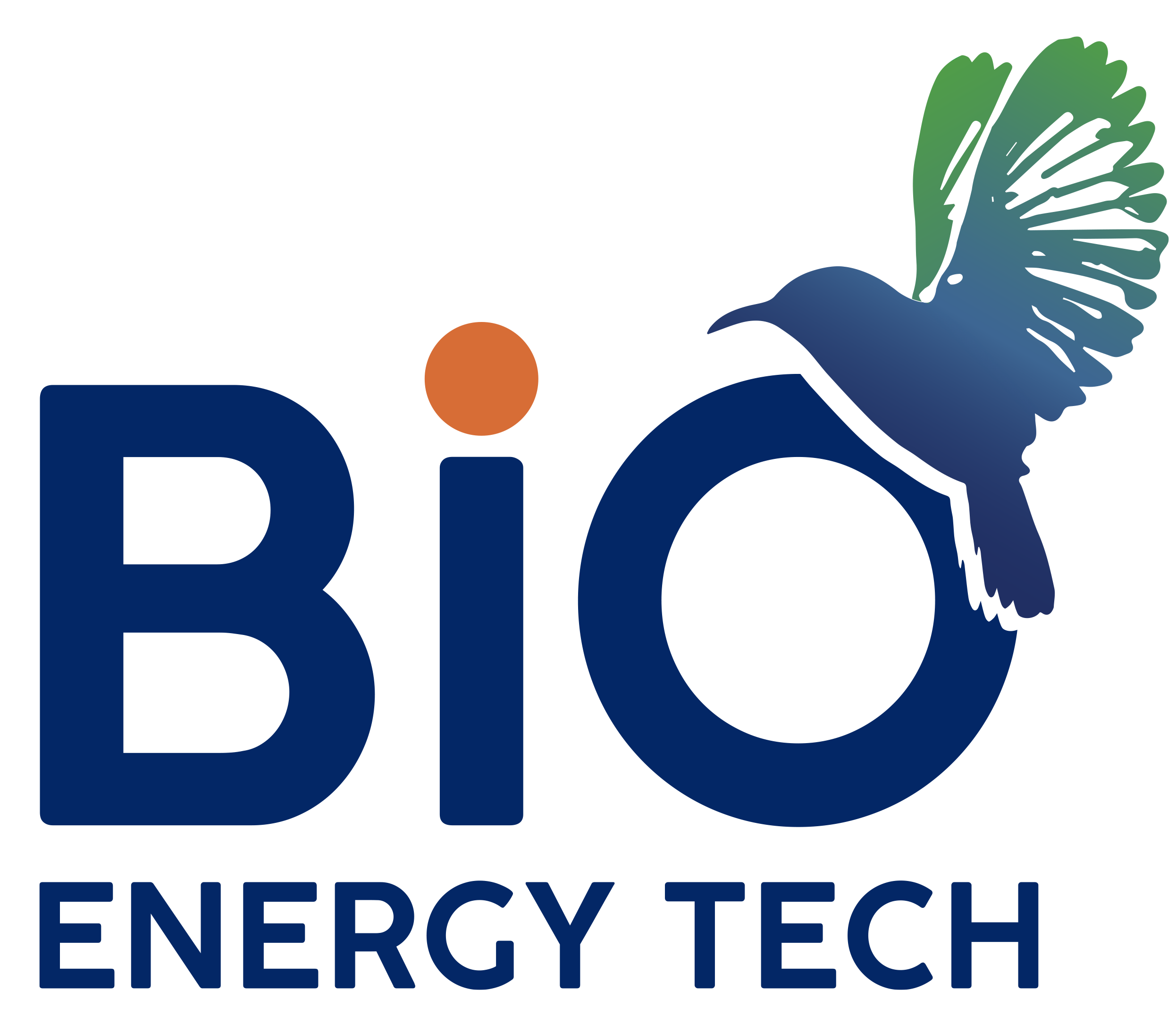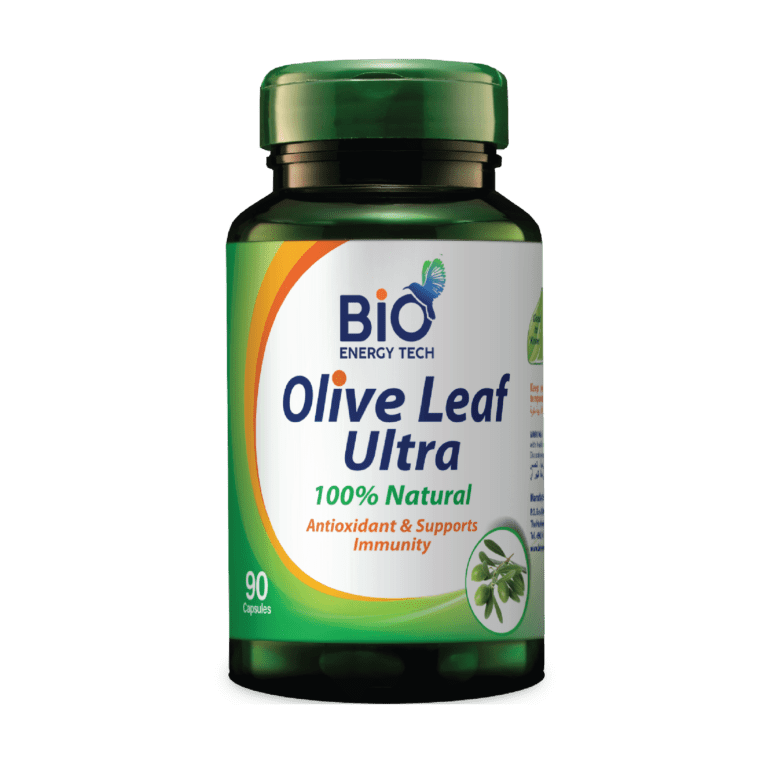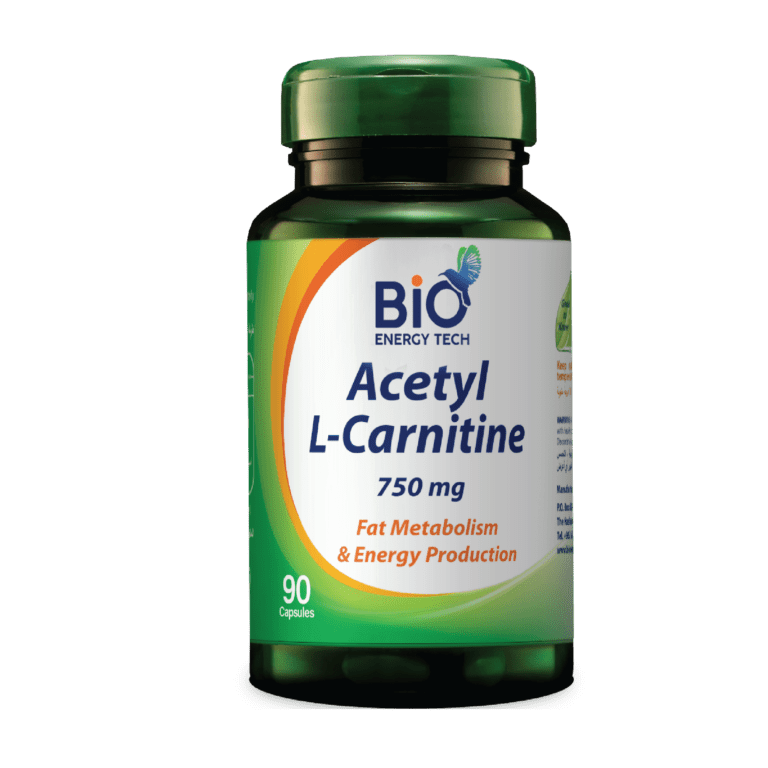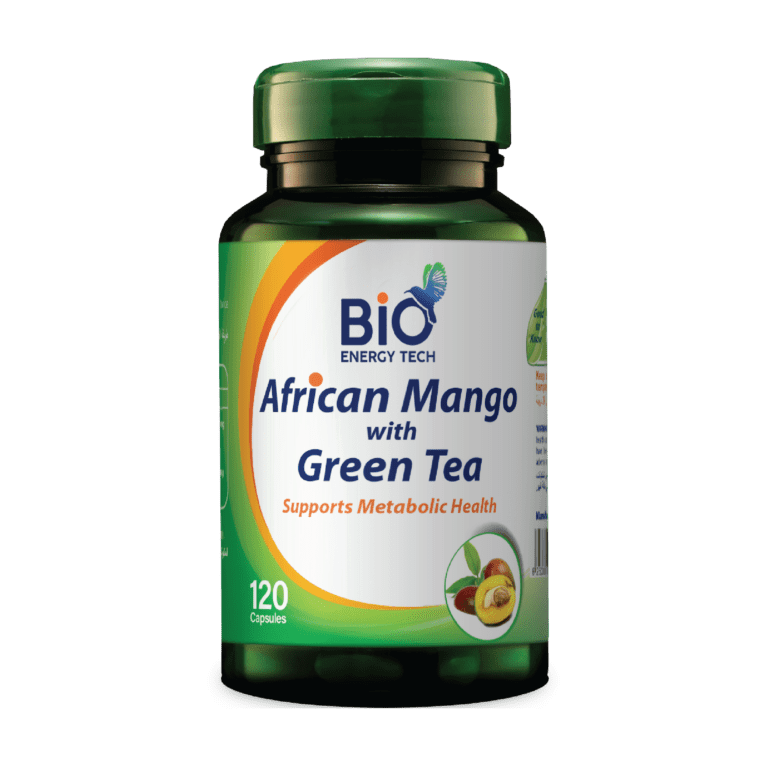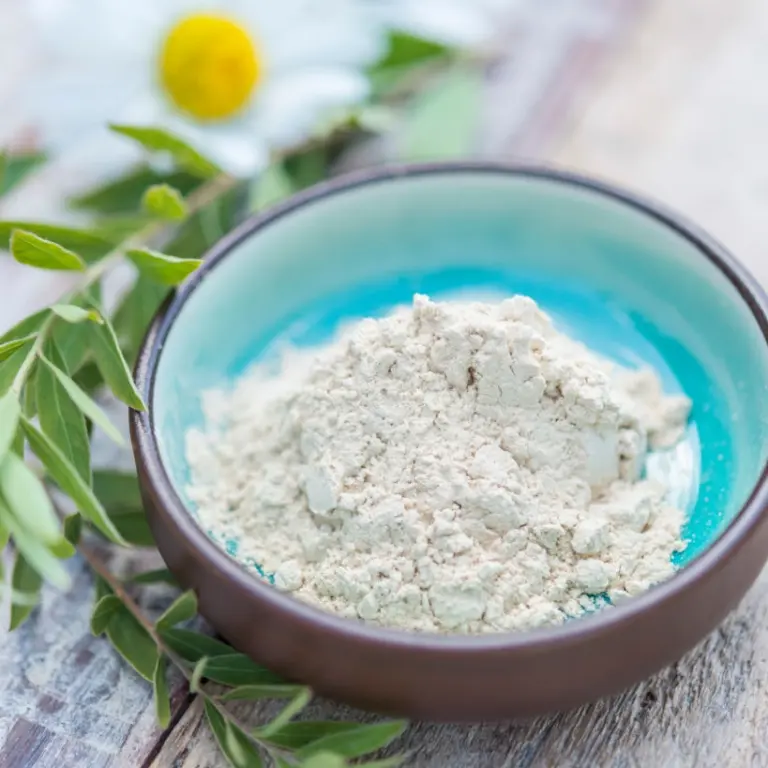Selenium is a trace element that is found in minuscule quantities in foods. It is an essential nutrient for humans due to its incorporation in the synthesis of many selenoproteins, which in turn play essential functions in reproduction, thyroid hormone metabolism, DNA synthesis and protection against oxidative damage and infection.
Selenium is found in inorganic soil and from there plants absorb it and convert it into its organic form. In the human body, the skeletal muscles are the largest storage organs of selenium with approximately 28%-46% of its total amount in the body is stored.
Measuring Selenium Concentration in the Body
- Selenium concentration in the blood and urine:
This ratio reflects the selenium intake during a short period of time. A concentration of 8 mcg or more in healthy individuals is considered sufficient for the synthesis of selenoproteins.
- Analysis of selenium content in hair and nails:
Selenium intake is monitored over months or years. A quantitative test of one or more selenoproteins is also used as a measure of selenium’s functional ability.
Required Doses of Selenium
Dosages are based on the daily reference intake (DRI) chart.
| Age Group | Male | Female | Pregnancy | Lactation |
| Up to 6 months | 15 mcg | 15 mcg | – | – |
| 7-12 months | 20 mcg | 20 mcg | – | – |
| 1-3 years | 20 mcg | 20 mcg | – | – |
| 4-8 years | 30 mcg | 30 mcg | – | – |
| 9-13 years | 40 mcg | 40 mcg | – | – |
| 14-18 years | 55 mcg | 55 mcg | 60 mcg | 70 mcg |
| 19-50 years | 55 mcg | 55 mcg | 60 mcg | 70 mcg |
| 51+ years | 55 mcg | 55 mcg | – | – |
Sources of Selenium
- Natural resources:
Brazil nuts and seafood are among the richest natural sources of selenium, followed by meats, grains, and dairy products.
The amount of selenium in drinking water is considered insufficient in most geographical areas. Moreover, the amount of selenium in plant foods depends on several factors:
- Amount of selenium in the soil.
- Soil pH.
- Amount of organic matter in the soil.
- Availability of selenium that can be utilized by the plant.
These factors make the selenium concentration in plant foods significantly variable depending on the geographical area. Consequently, this affects how much selenium animals get from the plants they eat. However, the selenium concentration in animal products varies less than plants between geographical regions. This is due to the vital homeostasis mechanisms that animals use to maintain a certain amount of selenium concentration in their tissues.
- Selenium Supplements: Selenium is also available as part of a supplement or as a stand-alone supplement, in three forms:
- Selenomethionine: More than 90% of this form is absorbed by the body.
- Selenium – Enriched Yeast: A yeast grown in a medium with a high concentration of selenium.
- Sodium Selenite: More than 50% of this form is absorbed by the body.
Selenium Deficiency
Selenium deficiency results in vital changes that predispose affected individuals to certain diseases. For example, a combination of selenium deficiency and a viral infection could potentially lead to Keshan disease (cardiomyopathy).
Selenium deficiency has also been associated with cases of male infertility, Kashin-Beck disease (a type of osteoarthritis) and severe iodine deficiency, which increases the risk of cretinism (slow physical and mental development).
People most at risk of developing selenium deficiency:
- Residents of geographical areas with soil poor in selenium.
- Individuals undergoing dialysis: This process removes an amount of selenium from the blood. Patients on dialysis usually develop anorexia, which automatically makes their dietary selenium intake low.
- Human Immunodeficiency Virus (HIV) carriers: This is due to the poor dietary intake of selenium and the severe loss of selenium as a result of diarrhea and malabsorption. Some observational studies have found an association between low selenium concentrations in HIV patients and an increased risk of cardiomyopathy, death, transmission of the virus from the carrier to the fetus and early death of the child.
Selenium & Health
- Cancer
Researchers believe that selenium may have a role in preventing some cancers due to its effects on DNA repair, programmed cell death, immune and endocrine system mechanisms, as well as its antioxidant properties.
Some epidemiological studies have suggested an inverse relationship between selenium levels and the risk of colon, prostate, lung, stomach, esophageal, bladder and skin cancers. The clinical trials that followed gave variable results. This prompted the FDA to acknowledge that the evidence is insufficient and limited. Further research is warrant to confirm a link between selenium rates and cancer prevention.
- Cardiovascular Diseases
Selenoproteins help prevent oxidative changes in lipids, reduce inflammation and prevent thrombosis. Therefore, experts suggested the ability of selenium supplements to reduce the risk of cardiovascular disease or death associated with it.
Some observational studies have found an inverse relationship between selenium levels and the risk of developing high blood pressure or coronary heart disease. In contrast, other studies have failed to find statistically sufficient links between the two. The results of clinical studies have also varied, indicating the inability of the current evidence to prove the link between selenium rates and heart disease, therefore more studies are needed on this topic.
- Cognitive Decline
Researchers have suggested an association between selenium deficiency and age-related decline in brain function due to selenium’s antioxidant properties and the fact that its concentrations decline with age.
Observational studies have had variable results, but a clinical study has been proposed to show whether supplementation with antioxidants (including selenium) reduces the risk of cognitive impairment in the elderly.
The study was conducted in France on 4,447 people between the ages 45 and 60 years and showed that participants who were given a group of supplements (ascorbic acid, vitamin E, beta-carotene, selenium, and zinc) daily over eight years scored higher on tests of episodic memory and verbal fluency than those who took a placebo.
However, this study did not study the effect of selenium supplements alone and whether they can reduce the risk of cognitive decline. Overall, more studies are still needed to show a relationship between selenium levels and the risk of cognitive decline in elderly.
- Thyroid Gland Disorders
The concentration of selenium in the thyroid gland is higher than in any other organ in the body and it plays an important role in the synthesis and metabolism of thyroid hormones.
Both clinical studies and observational studies have demonstrated the role of selenium in reducing the risk of goiter or damage to gland tissue in people with mild iodine deficiency.
Clinical studies also showed better quality of life when patients were given selenium supplements and lower rates of disease progression compared to those who took a placebo.
Women with thyroid peroxidase antibodies develop hypothyroidism during pregnancy in addition to thyroid dysfunction and hypothyroidism after childbirth. A study of 151 pregnant women with these antibodies showed that selenium supplementation appears to be a promising strategy for reducing the risk of postpartum thyroiditis.
Selenium Overdose
The most common clinical indications of chronic high selenium (selenosis) are hair loss and brittle nails, as well as other symptoms such as skin lesions, nausea, diarrhea, rash, fatigue, and nervous system dysfunction.
Acute selenium toxicity causes severe neurologic and gastrointestinal symptoms, acute respiratory distress syndrome, myocardial infarction, renal failure, myocardial infarction, and in rare cases death.
The upper limit set for selenium intake without side effects is as follows:
| Age Group | Male | Female | Pregnancy | Lactation |
| Up to 6 months | 45 mcg | 45 mcg | – | – |
| 7-12 months | 60 mcg | 60 mcg | – | – |
| 1-3 years | 90 mcg | 90 mcg | – | – |
| 4-8 years | 150 mcg | 150 mcg | – | – |
| 9-13 years | 280 mcg | 280 mcg | – | – |
| 14-18 years | 400 mcg | 400 mcg | 400 mcg | 400 mcg |
| 19+ years | 400 mcg | 400 mcg | 400 mcg | 400 mcg |
Overall, selenium has properties that make it essential to the diet, but there are many risks in the event of an overdose, so it is necessary to consult a doctor if you want to take selenium supplements.


